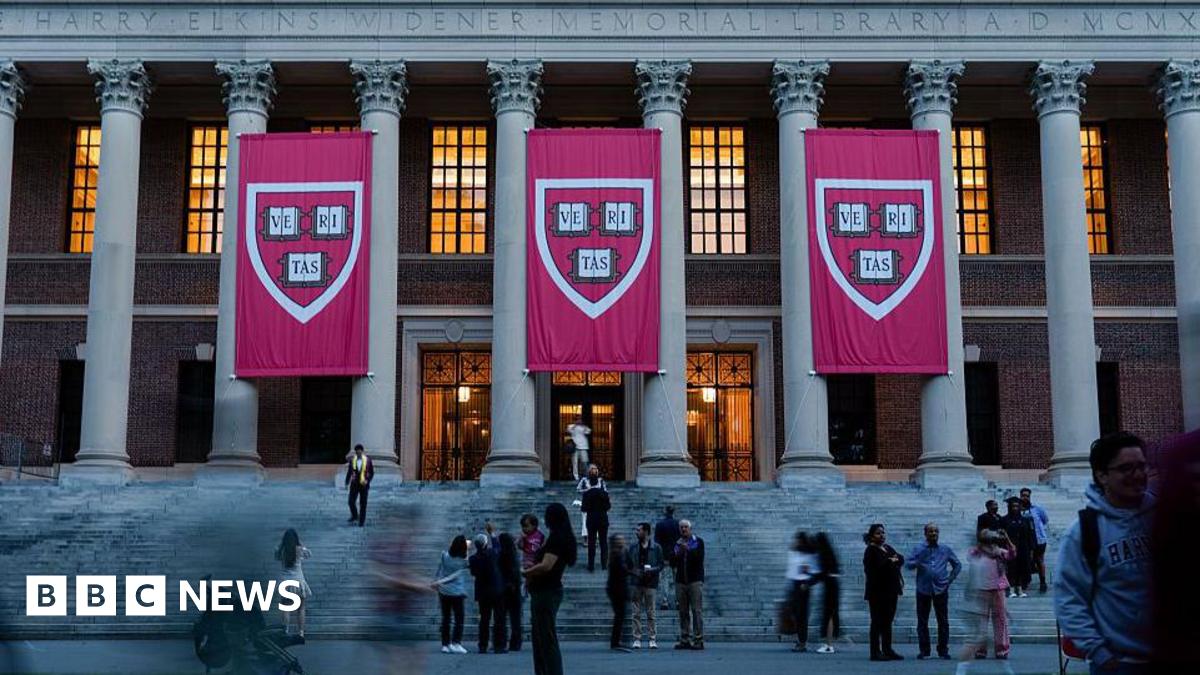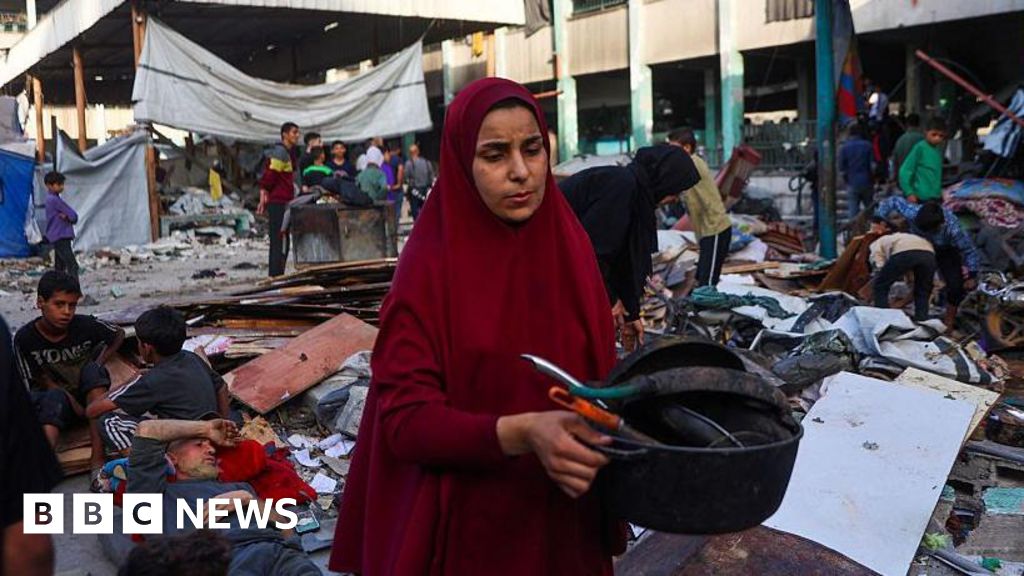Alarm Bells Ring: Iran's Uranium Enrichment Soars 50%, IAEA Report Reveals

Vienna, Austria – A concerning new report from the International Atomic Energy Agency (IAEA) has revealed a significant escalation in Iran's uranium enrichment activities, raising serious questions about the country's nuclear ambitions. Obtained by the Financial Times, the confidential report indicates that Iran has increased its stockpile of enriched uranium by approximately 50%, reaching a total of 408.6 kilograms as of May 17th.
Crucially, this uranium is enriched to 60 per cent purity, a level far beyond what is necessary for peaceful nuclear energy purposes. This represents a dramatic increase of 133% since the last IAEA report, triggering heightened anxieties among international powers and prompting urgent calls for transparency and accountability.
What Does This Mean?
Enriching uranium to 60% purity brings Iran significantly closer to the 90% level required for weapons-grade uranium. While Iran maintains that its nuclear program is solely for peaceful purposes, this rapid advancement fuels suspicions and intensifies concerns about the potential for military applications.
IAEA's Response and International Concerns
The IAEA has stated that it is closely monitoring the situation and has repeatedly called on Iran to fully cooperate with its investigations and provide access to necessary sites and personnel. The agency's Director General, Rafael Grossi, has expressed deep concern over the lack of progress in resolving outstanding issues and has urged Iran to address the IAEA's questions promptly.
The United States and European powers have condemned Iran's actions, warning of potential consequences if the country does not adhere to international commitments. Negotiations aimed at reviving the 2015 Iran nuclear deal, known as the Joint Comprehensive Plan of Action (JCPOA), have been stalled for months, further complicating the situation.
The JCPOA and the Current Standoff
The JCPOA, which limited Iran's nuclear program in exchange for sanctions relief, began to unravel after the United States withdrew from the agreement in 2018. Iran subsequently began to gradually roll back its commitments under the deal, accelerating its enrichment activities and accumulating larger stockpiles of enriched uranium.
Reviving the JCPOA remains a key priority for many countries, but significant obstacles remain. Iran's demands for guarantees and sanctions relief have proven difficult to reconcile with the concerns of the United States and its allies.
Looking Ahead
The recent surge in Iran's uranium enrichment poses a serious challenge to international efforts to prevent nuclear proliferation. The IAEA's role in verifying Iran's nuclear activities is crucial, and the agency's ability to access sites and information is essential for ensuring transparency and accountability. Whether diplomatic efforts can yield a breakthrough and restore the JCPOA remains to be seen, but the stakes are undeniably high.
The international community must remain vigilant and united in its efforts to address this escalating situation and prevent Iran from acquiring nuclear weapons.






